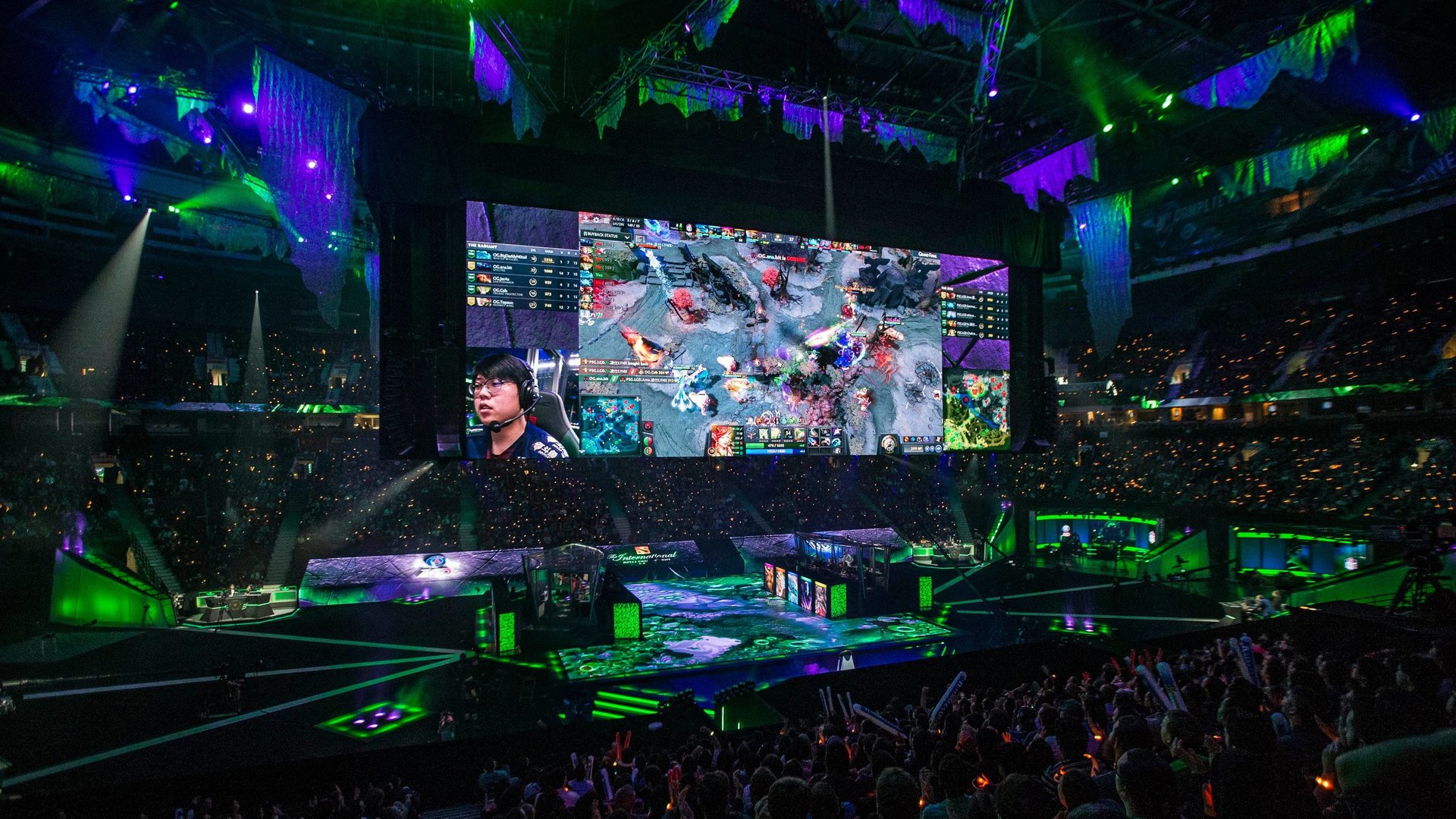Are professional gamers athletes? ESPN seems to think so
Tyler “Ninja” Blevins is a Fortnite legend, has a record-breaking 10 million followers on the livestreaming platform Twitch, and excellent blue hair. Now, he is also the first gamer to grace the cover of ESPN the Magazine. That cements his status as “gaming’s first crossover star” and also scores a point in the debate over gamers being considered professional athletes.


Tyler “Ninja” Blevins is a Fortnite legend, has a record-breaking 10 million followers on the livestreaming platform Twitch, and excellent blue hair. Now, he is also the first gamer to grace the cover of ESPN the Magazine. That cements his status as “gaming’s first crossover star” and also scores a point in the debate over gamers being considered professional athletes.
For its Gaming Issue, ESPN refers to Ninja as the “cover athlete,” putting him in a league with Serena Williams and LeBron James. And in light of the longstanding argument as to whether esport gamers should or should not be considered athletes, ESPN’s decision to put Ninja on the cover supports the former. It is also a clever PR move.
Ninja’s strong personal brand draws fans, celebrities, and ad dollars. He has played Fortnite with Drake and Marshmello, signed endorsement deals with corporations like Red Bull, and according to ESPN, rakes in up to seven-figure earnings in a month. The esports industry as a whole is also booming. Prize money for esports tournaments exceeds that of many traditional sports, and a Forbes report estimates that industry revenues could reach $1.65 billion by 2021.
ESPN’s cover story also focuses on the physical toil of Ninja’s training and gaming. He streams for up to 12 hours a day, which involves a combination of mental toughness and physical dexterousness. He has had only one vacation in eight years. (The Chicago Tribune has previously documented the grueling training schedules of varsity esports teams, which are now becoming a norm.)
In 2016, a study by German Sports University found that professional gamers are just as physically taxed as professional athletes, producing the same amount of cortisol—the hormone released under stress— as race car drivers. In action, they have pulse rates normally experienced during sprints and marathons. In 2010, the University of Essex also discovered that gamers had the reactions of fighter pilots (although with very unhealthy bodies).
Ninja’s ESPN cover seems part of a bigger movement: The US is allowing some gamers to travel abroad on the same visa as professional athletes, the Paris 2024 Olympics are considering esports as a demonstration sport, and esports has been confirmed as a medal event at the 2022 Asia Games. Ninja will probably not be the last gamer, it seems, to become star in the athletic world.